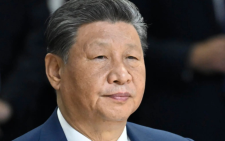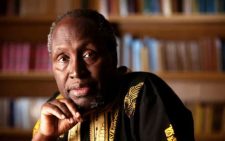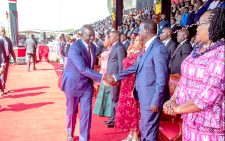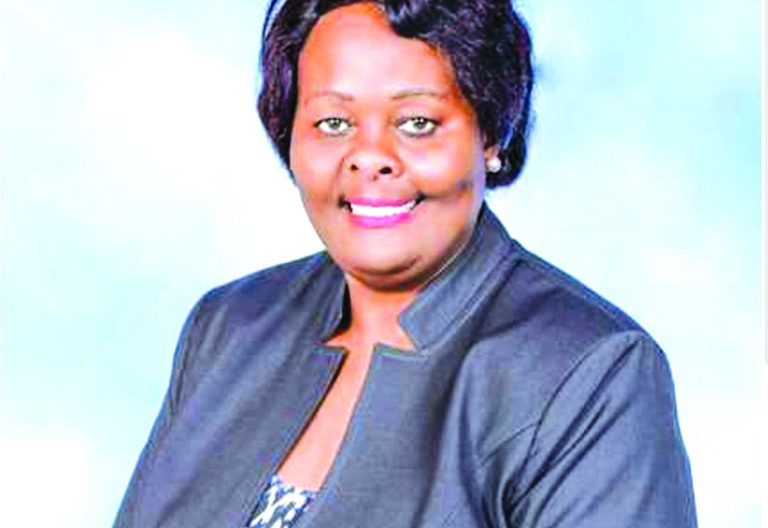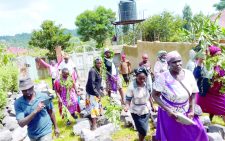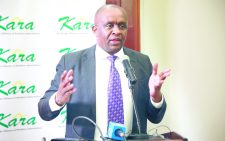Chinese President’s advice on the role of media in national development

The critical role played by the media in any country’s economic growth cannot be gainsaid. This is more so at this time when the world is going through an unprecedented crisis due to the COVID-19 pandemic.
Of course, the role of the media even during the pandemic remains the same, though more critical. The functions of education and information dissemination have taken even greater significance as billions of people try to keep abreast of current events due to the prevailing uncertainties. Containment measures and other travel restrictions have also given media’s entertainment role renewed importance.
On December 14, Chinese President Xi Jinping called on writers and artists to strengthen cultural confidence and make contributions to realizing the Chinese Dream of national rejuvenation. Also the general secretary of the Communist Party of China (CPC) Central Committee, Xi made the remarks at the opening ceremony of the 11th national congress of the China Federation of Literary and Art Circles and the 10th national congress of the China Writers Association.
Writers and artists have great responsibilities and face huge opportunities as China strives to develop socialist literature and art in the new era by serving the people with innovative and inspiring works. This group of creatives have made “positive contributions” since the 18th CPC National Congress in 2012 through remarkable achievements in areas such as literature, drama, films, television, music, dancing, fine arts, photography and calligraphy.
With China entering a new era and embarking on a new journey toward socialist modernization, writers and artists need to highlight the great undertaking of national rejuvenation, uphold the people-oriented principle, and make innovations and produce excellent works that keep up with the times. They also have a responsibility of telling China’s stories and shaping a “reliable, admirable and respectable” image of the country in the world.
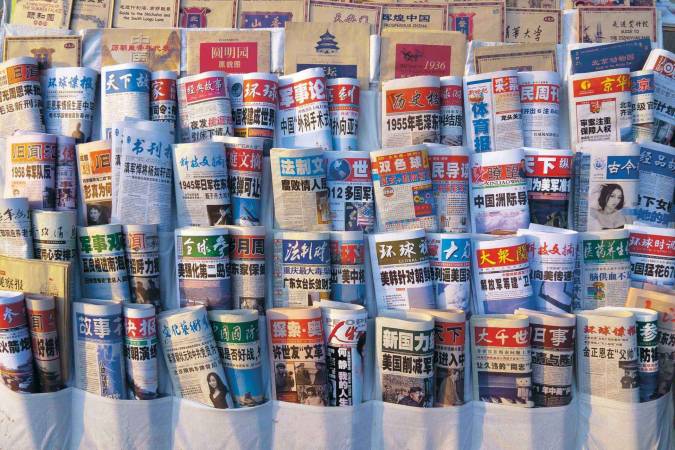
Xi called on writers and artists to advocate righteousness and strive for “excellence in both professional skills and moral integrity.” Writers and artists should closely integrate their personal and artistic pursuits with the nation’s future and the people’s wishes. They should produce more works that meet the people’s cultural needs and boost their spiritual strength. Critically, they should reject vulgarity in literary and artistic creation which turns literature and art into a “slave of the market.”
Writers and artists the world over should pay more attention to mankind and produce excellent works that embody the common values of humanity.
The forthcoming Beijing International Art Biennale, China (BIAB) is an ideal forum for artistic expression of human needs. In its seventh sessions so far, over 4000 artists from more than 100 countries as well as over a million audiences have participated in this event that has become a key international exchange platform in fine arts with the most participant countries.
According to the platform’s website, BIAB aims at conveying human beings longing for peace and development through artistic expression, and promoting the creative transformation and innovative evolution of the traditional painting and sculpture all over the world. The theme of each session of BIAB, with relevance in the reality and global correspondence, relates to the significant incidents in the happening history and reflects the responsibility of contemporary arts in addressing the common challenges facing humankind.
Indeed, journalists should help fight the relentless misinformation on various global developments. This entails offering thought leadership and expert views through deep analysis and commentaries in various media channels. The effort will debunk fake news and outright lies that have been used to fight alternative views from those held by a few rich and powerful countries. The media should never lose sight of its calling as the bearer of truth, and should work together to safeguard the truth, protect the environment and remove prejudice.
The writer is the Executive Director of South-South Dialogues, a Nairobi based research and development communication think tank.
